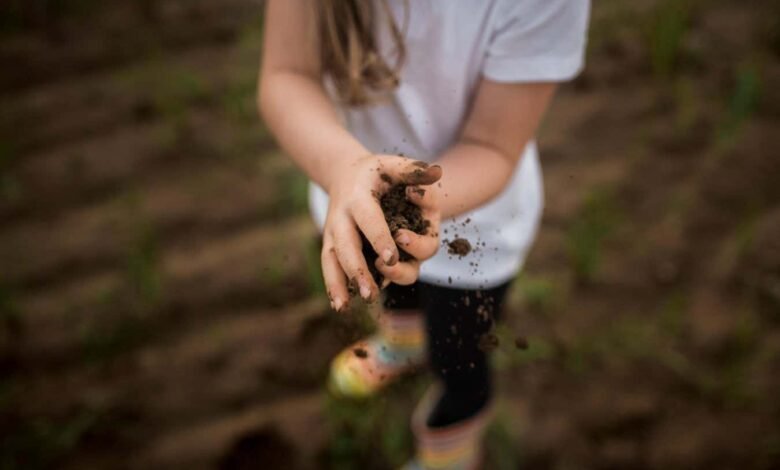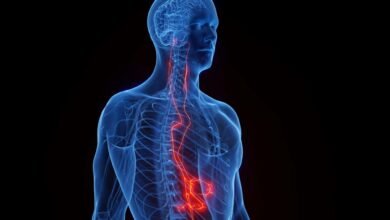Can a microbe in soil alter your brain chemistry to improve your mood?


Is soil really an antidepressant?
Cavan Images/Alamy
There are so many colourful claims out there when it comes to gardening, but there is one in particular that has been doing the rounds recently: “Soil is an antidepressant.”
According to this idea, espoused through countless social media posts, Mycobacterium vaccae– a microbe naturally found in soil – can actually boost your mood. All you apparently have to do to experience this benefit is get your hands in contact with earth. The bacteria are said to be absorbed through your skin or inhaled from the air, and they will quickly get to work transforming your brain chemistry for the better. But is all this a bit too good to be true?
While the claim may initially seem more than a little outlandish, there have actually been a range of studies investigating the effect of this microbe on a variety of conditions, from eczema to cancer. In fact, M. vaccae was first isolated in soil samples from Uganda by scientists looking to find a harmless close cousin of the deadly Mycobacterium tuberculosis that could be used as a form of immunotherapy.
Researchers’ interest in its potential application for helping with depression was piqued when people with lung cancer being treated with the bacteria reported improvements in their quality of life as an unexpected, but very welcome, side effect. And so far, this mood-enhancing effect seems to have been replicated in a number of well-designed studies. Cue an avalanche of social media memes.
Now here is the downside: all the studies that explicitly set out to test this hypothesis were conducted in mice, not humans. This is important, as the results of animal experiments are, in general, rarely replicated in people. For instance, one review of 76 animal studies found that only 37 per cent were repeated in human studies.
On top of this, the mice used in the M. vaccae studies were males from one particular inbred strain. If you are wondering whether researchers administered the bacteria by saturating the air in the cages with it or by applying it directly to the skin, well, neither is the case. All the studies I could find involved either injecting the bacteria into the mice’s bloodstream or mixing it in their food.
As someone fascinated by the growing evidence that suggests spending time in green space can improve your mental well-being, I can’t wait to see what further research on M. vaccae produces. However, despite the conviction with which this claim is put forward all over the internet, right now it is only true to say that “soil is an antidepressant” if you are a male mouse who has been injected with a purified form of a bacterium found in it – and since you’re reading this, I assume you aren’t.
James Wong is a botanist and science writer, with a particular interest in food crops, conservation and the environment. Trained at the Royal Botanic Gardens, Kew, in London, he shares his tiny flat with more than 500 houseplants. You can follow him on X and Instagram @botanygeek
For other projects visit newscientist.com/maker
Topics:
Source link




